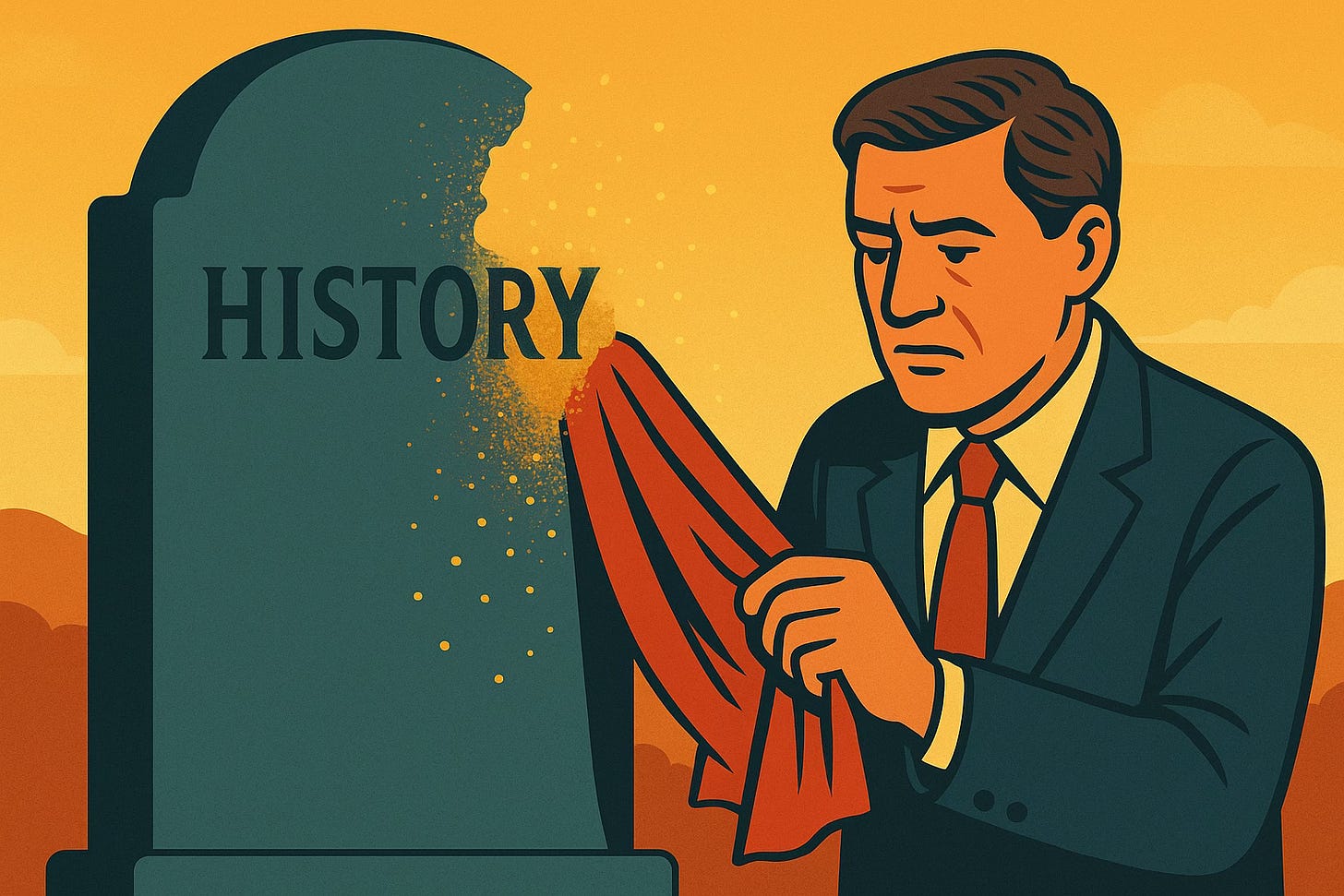Forgotten Pasts, Fragile Futures
When history is sidelined for political convenience, “never again” quietly turns into “not this time” — and the groundwork for old catastrophes is laid anew.
What happens when history is quietly set aside, too awkward, too uncomfortable, or too complicated to fit into the speeches and strategies of the present? The short-term instincts of international politics feed old mistakes, and the lofty promise of “never again” shrinks all too easily into “not this time.” From the rhetoric surrounding the war in Ukraine to the stalled peace processes of the Middle East and the shifting alliances in Africa, deliberate forgetting has become part of the geopolitical routine.
By Mika Horelli, LUXEMBOURG • Memory politics has never been about the careful preservation of history in glass cases. It is an active tool, shaping which alliances survive, which grievances resurface, and which promises are quietly abandoned. What is remembered, and what is conveniently left out, determines the tone and trajectory of global order. In today’s climate of uncertainty, historical knowledge has been pushed to the sidelines, replaced by s…
Keep reading with a 7-day free trial
Subscribe to Nordic Ledger by Mika Horelli to keep reading this post and get 7 days of free access to the full post archives.



